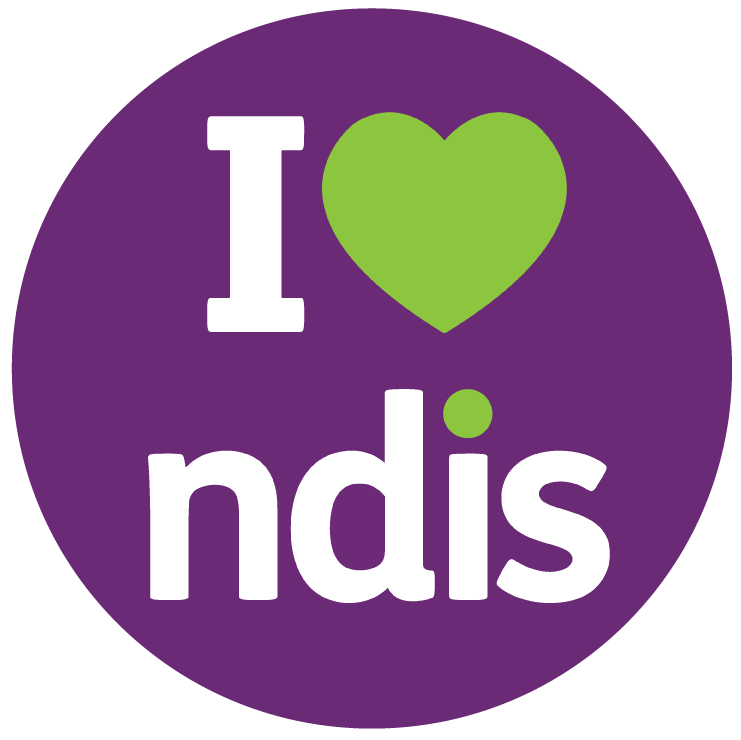Finding the right disability service provider for your loved ones can feel overwhelming, especially with so many NDIS-registered options available. The right provider doesn’t just deliver support — they build a relationship based on trust, respect, and empowerment. Choosing wisely ensures your loved one receives consistent, compassionate care that promotes independence and confidence.
Understand Your Loved One’s Individual Needs
Before comparing NDIS providers, take time to understand your loved one’s personal goals, strengths, and daily challenges. Each participant’s needs are unique — from personal care and therapy to community engagement or skill development.
Ask yourself:
What level of support is needed daily or weekly?
Are there specific behavioural or medical requirements?
Do they prefer in-home or community-based services?
What long-term outcomes do they want to achieve through their NDIS plan?
Understanding these details will help you find a provider who offers person-centred care tailored to your loved one’s lifestyle and aspirations.
2. Choose an NDIS-Registered and Experienced Provider
Always verify that the provider is NDIS-registered and meets quality and safety standards. Registered providers adhere to the NDIS Code of Conduct and are regularly audited for compliance. Experience also matters — seasoned providers often have structured processes, well-trained staff, and the ability to adapt services as participant needs evolve.
3. Check the Range of Disability Services
A good disability service provider should offer a variety of supports to meet changing needs. Common NDIS services include:
Personal and domestic assistance
Community access and social inclusion
Therapy supports such as physiotherapy or speech therapy
Supported employment and skill development programs
Respite and short-term accommodation
Choosing a provider with diverse services allows your loved one to receive consistent, holistic care under one reliable team.
4. Evaluate Staff Training and Values
The people behind the service make all the difference. Ask about staff qualifications, training, and approach to disability support. Look for teams that value empathy, communication, and respect.
Well-trained disability support workers should understand NDIS claim participant goals, maintain dignity and privacy, and foster independence. Providers that invest in ongoing training often deliver higher quality outcomes and build long-term trust.
5. Focus on Person-Centred and Goal-Oriented Care
Every NDIS participant deserves support that focuses on their goals — not just their limitations. A provider offering person-centred care will involve your loved one in every decision, from daily routines to long-term planning.
Ask:
Does the provider tailor services to suit the participant’s interests?
Are they flexible with scheduling and goal reviews?
Do they measure and celebrate progress?
Providers committed to empowerment help participants achieve meaningful growth and confidence in daily life.
6. Read Reviews and Ask for Recommendations
Online reviews and community referrals are valuable when evaluating providers. Check feedback on reliability, communication, and staff professionalism. Families who’ve worked with the provider can often share honest insights. A provider with strong community reputation and positive client experiences is usually a dependable choice.
7. Ensure Flexibility and Clear Communication
A trustworthy provider should communicate transparently and adapt to evolving needs. Clarify how they’ll share updates, report progress, and handle emergencies.
Ask:
Who will be your main contact person?
How quickly do they respond to messages or plan adjustments?
Are they open to feedback?
Smooth communication ensures peace of mind and continuity of care for your loved one.
8. Check Pricing and Funding Transparency
NDIS pricing can be complex, so ensure the provider explains all costs clearly. Ask for a written breakdown of services, inclusions, and payment methods. Avoid providers who hesitate to discuss charges. Transparency builds trust and ensures that NDIS funding is used effectively for your loved one’s needs.
9. Visit or Meet the Provider
Whenever possible, visit the provider’s facility or meet the support team in person. Observe the environment — is it welcoming, accessible, and respectful?
Watch how staff interact with participants. A positive atmosphere and genuine connection often indicate a provider who truly cares.
10. Trust Your Instincts
Finally, trust your gut feeling. If something feels off — unclear pricing, rushed responses, or lack of empathy — it’s okay to keep searching. The best provider should align with your values, communicate openly, and make your loved one feel valued and supported.
Conclusion: Partnering for a Better Future
Choosing the best disability service provider for your loved ones is about finding genuine care, reliability, and shared commitment to independence. Take your time, ask questions, and look for a provider who values both your trust and your loved one’s goals.
For families seeking clear guidance and stress-free NDIS management, Axial Plan Management helps participants stay in control of their funding while connecting with trusted, person-centred service providers who truly make a difference.


